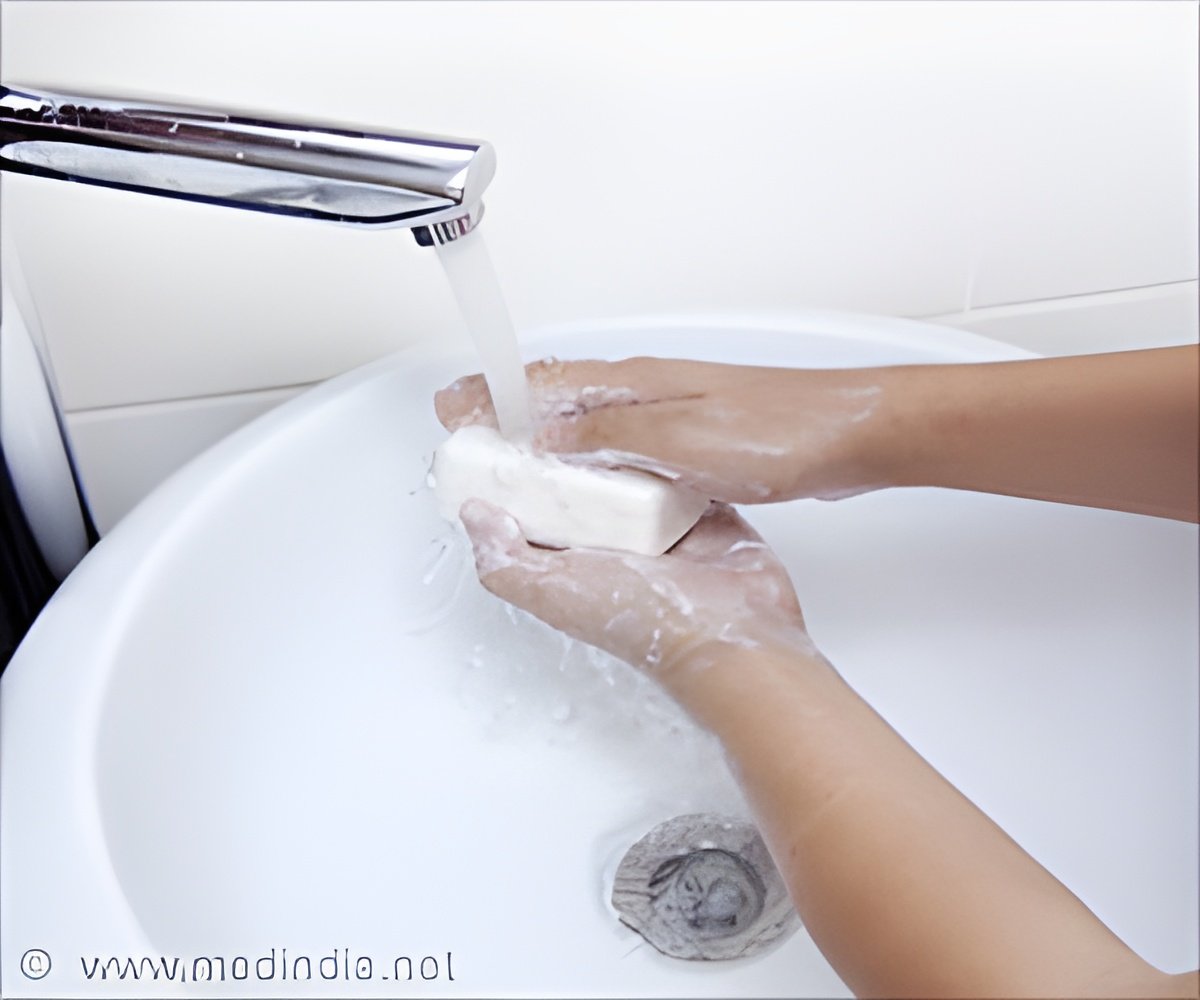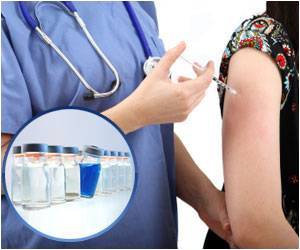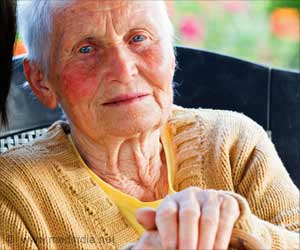New research shows that washing hands with antibacterial soap exposes hospital workers to potentially unsafe levels of one of its ingredients called triclosan.

Triclosan, which persists in the environment and mixes with other chemicals to form more toxic substances, is also known to contribute to the growing problems of bacterial resistance to antibiotics. It could be responsible for a range of human and ecological health problems. It can also reportedly cause some developmental issues in newborns and fetuses. Triclosan is currently under review by the US Food and Drug Administration (FDA) for its safety and efficacy.
Researchers conducted a study in a group of doctors and nurses in two hospitals, designated as Hospital 1 and Hospital 2. The results were published in the Journal of Occupational and Environmental Medicine. They analyzed urine samples from two groups of 38 doctors and nurses, in which three fourths of the participants were women.
Hospital 1 reportedly used an antibacterial soap containing 0.3 percent triclosan, while Hospital 2 used plain soap and water. It was found that participants from Hospital 1 had significantly higher levels of triclosan in their urine as compared to participants from Hospital. 2.
The researchers also noted down the participants who used a popular commercial toothpaste containing triclosan. The scientists noted that this also contributed to higher levels of triclosan in people who used them. At the end of the study, the researchers concluded that washing hands with antibacterial soap accounted for even higher triclosan levels than did brushing with the toothpaste containing triclosan.
One of the study investigators, Paul Blanc, who is a professor of medicine at University of California, San Francisco (UCSF) said "Antimicrobial soaps can carry unknown risks, and triclosan is of particular concern. Our study shows that people absorb this chemical at work and at home, depending on the products that they use."
He also added "If non-triclosan-containing soaps are available, use the alternative. This is based on the precautionary principle - that is, if you don't know for certain that something is unsafe, it's better to err on the side of caution."
Antibacterial Soaps Side effects:
· Antibacterial soaps have the potential to create antibiotic-resistant bacteria, thus if used frequently, they could kill some bacteria and allow the resistant subset to multiply. If this happens on a regular basis, it could render the soap useless against the strain of bacteria.
· Research shows that children with prolonged exposure to triclosan have a higher chance of developing allergies such as peanut allergies and hay fever Scientists think that this could be due to reduced exposure to bacteria, which is important for proper functioning and development of the immune system.
· Antibacterial soaps strip the skin of its hydrating oils, which leads to dryness, itching, irritation and redness.
Source-Medindia









